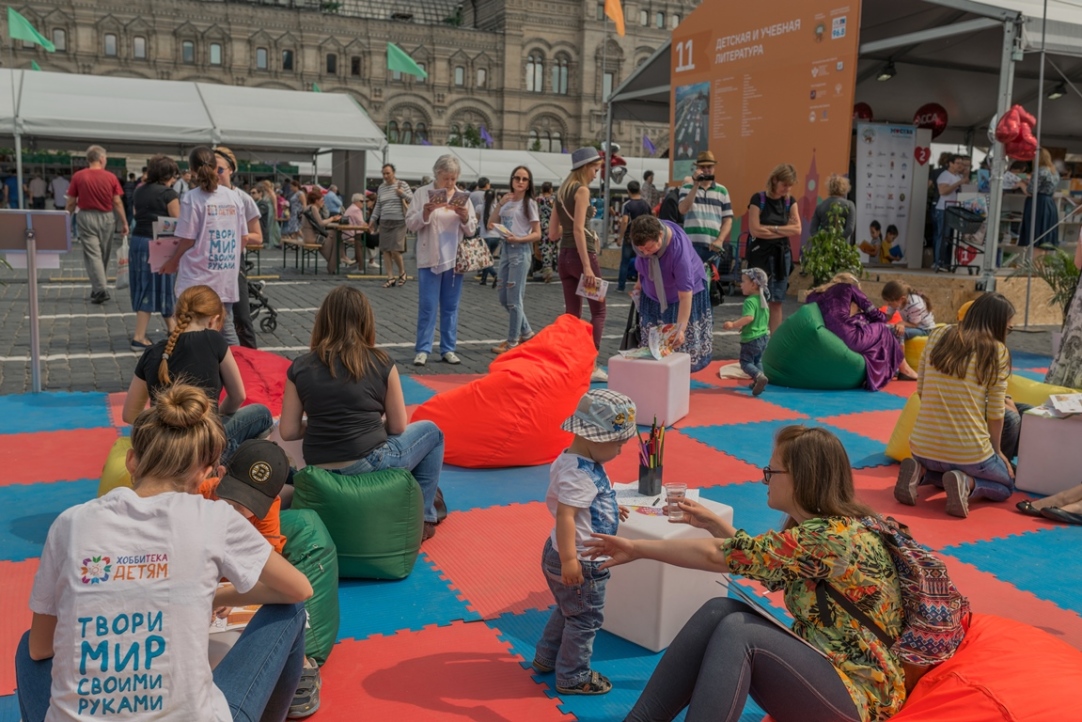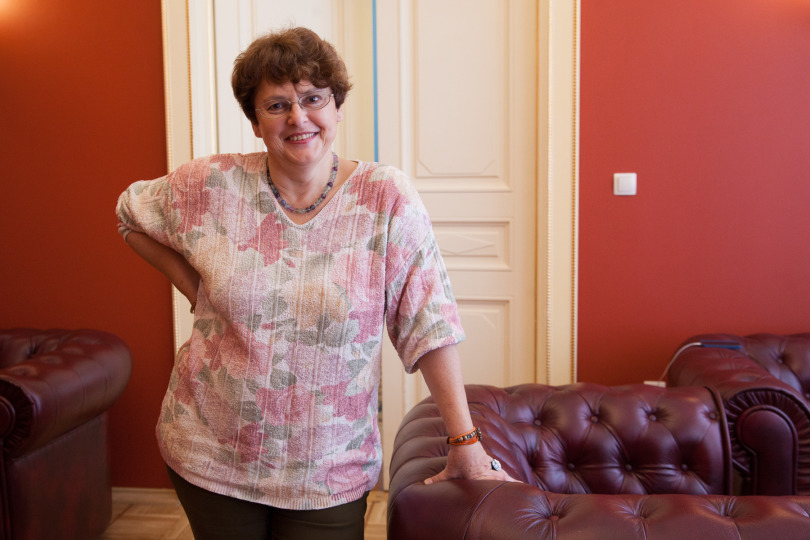
‘Students Should Read Dostoevsky or Tolstoy Because They Help Readers See beyond the Noise of Our Present’
On September 23, the HSE School of Philological Studies launched the third season of its international academic workshop on ‘The 19th-Century Russian Novel: Corpus, Poetics, Social Imaginary’. We talked to Alexey Vdovin, Associate Professor at the School of Philological Studies, about the workshop’s plans and international cooperation, as well as to Ani Kokobobo, Chair of the Department of Slavic and Eurasian Languages and Literatures at the University of Kansas, who opened this year’s workshop with her report ‘Strange Bedfellows – Leo Tolstoy and Andrea Dworkin’.

‘Projects Will Bring Research Teams Together’
A number of new projects will form the basis of the educational and scholarly activity at HSE’s School of Philology. These projects will allow the School to expand its scholarly breadth, consolidate its active research teams, and engage new colleagues in collaboration. HSE News Service spoke with School Head Evgeny Kazartsev about the new projects, their anticipated outcomes, and what changes will need to be made in order to bring them to fruition.

Russian Language Festival to Take Place on Red Square
From May 31 to June 3, as part of the Red Square Book Fair, a Russian language festival will be held with the help of the HSE School of Philology.
Translation Studies Expert Speaks at School of Philology
On September 26 and 27, the HSE School of Philology hosted Professor Brian Baer of Kent University (Ohio, USA) for a lecture entitled ‘The Translator’s Biography in Soviet and Post-Soviet Russia: Art, Politics, Identity’, followed by a workshop on ‘Teaching Translation Studies’. Following his lecture and workshop, Professor Baer spoke with the HSE News Service about his career as a translator, the role of the translator in society and his recommendations for international readers looking for exposure to Russian literature.
Bridging the Gap Between Slavic Studies and Translation Studies
From September 23 to October 2, the HSE School of Philology (Faculty of Humanities) will host Susanna Witt, Associate Professor, Senior Research Fellow, Uppsala Centre for Russian and Eurasian Studies, Uppsala University (Sweden). During this time she will lecture at a conference on World Literature as a Soviet Project, as well as teach several lectures in the School of Philology.

Understanding Russian Communication: Online and in Private
How Russians think bears little resemblance to Germans’ attention to detail or American cheerfulness. The difference can be explained, at least in part, by looking at linguistic peculiarities. A Massive Open Online Course (MOOC) launched by HSE called ‘Understanding Russians: Contexts of Intercultural Communication’ investigates cases when basic Russian cultural values show up through linguistic choices, which may influence the way people act. The nine-week course was first offered in 2014 and was tremendously successful. It will run for the second time starting October 12, 2015. Mira Bergelson, professor in the Faculty of Humanities at HSE and the author of the course, shared the core principles of making contact with people who don’t smile on the street but who may become your best friends after just a few meetings.
Russia is Capable of Changing Fast
Professor Boris Gasparov, Head of the Academic Council of the undergraduate programme in Philology, talks about the new programme and what the course is about.
The Study of Narrative — A Lecture by Professor Stefania Sini
Professor Stefania Sini of the Amedeo Avogadro University of Eastern Piedmont, Italy gave a lecture at HSE on the basic principles of the study of narrative. Sini is a philologist who studies the problems of contemporary liberal arts theory and the history of the humanities. She also studies modern Russian culture and in particular, the philosophical ideas of Mikhail Bakhtin.
12
languages were researched by HSE linguists in three regions around the world during trips this summer.
‘Dostoyevsky’s 'Krotkaya' is itself a Research Experiment’
Professor Georg Witte talked to Ludmila Mezentseva of the HSE news service about his research and about plans for the Free University of Berlin and the HSE Department of Philology to work together

